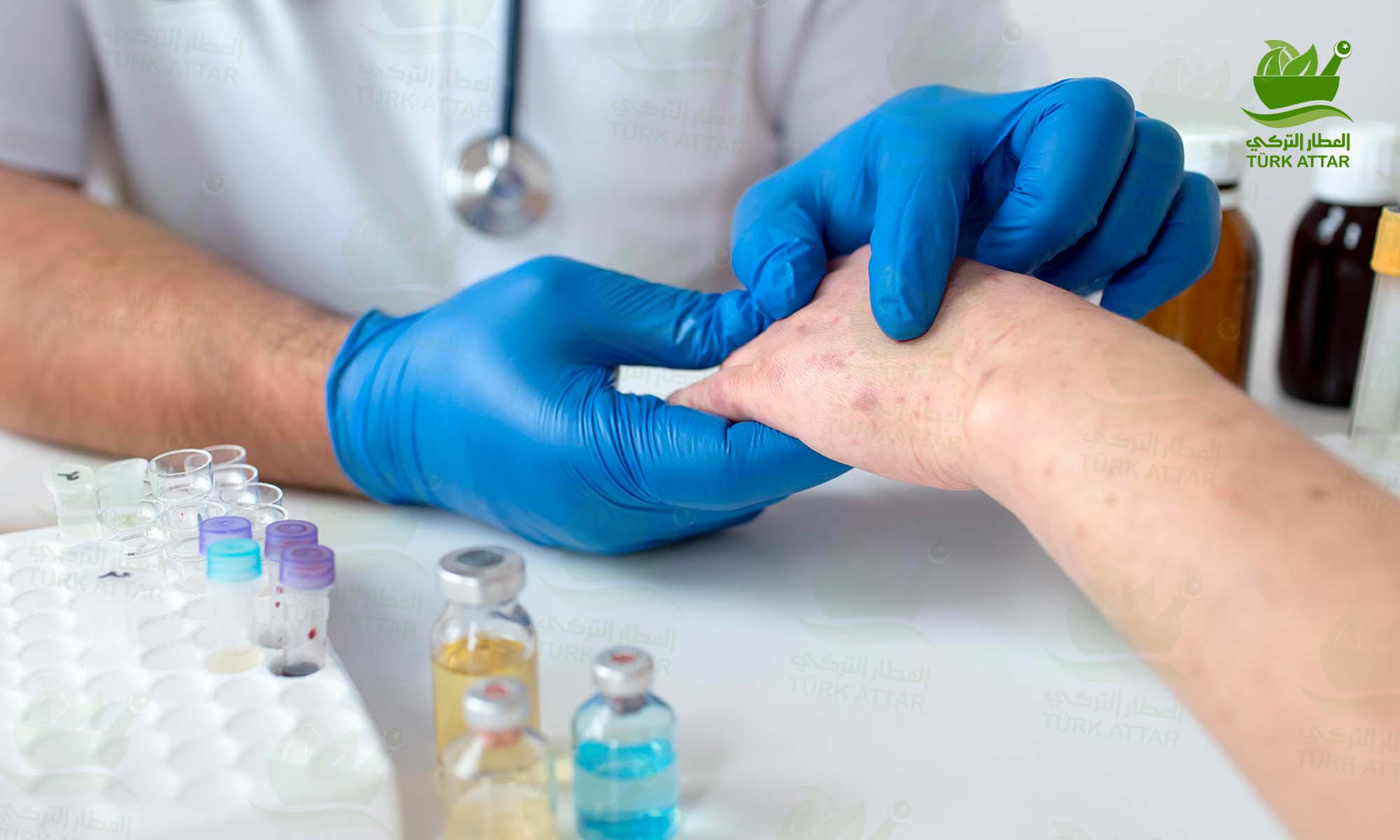
Eczema is not transmitted from another person, but genes and environmental factors are effective in its formation. Therefore, if there is a family history of eczema, similar complaints may occur in the child.
What is Eczema?
Eczema is one of the most common skin diseases. It is characterized by redness, dryness, scaling and coarsening of the skin, sometimes with blistering. We can define eczema as a group of diseases. Different types of eczema have been defined according to the cause of the disease, location and type.
What are the types of eczema?
Atopic eczema (atopic dermatitis), seborrheic eczema (seborrheic dermatitis), hand eczema, dyshidrotic eczema, nummular eczema, stasis dermatitis, neurodermatitis are common forms of eczema .
Is eczema contagious?
No, it definitely isn't. Eczema is not transmitted from another person, but genes and environmental factors are effective in its formation. Therefore, if there is a family history of eczema, similar complaints may occur in the child.
What are the complaints in eczema?
The most important complaint is itching. The severity varies. Dry skin, redness, flaking, crusting, cracking of the skin are other common findings. Small blistered areas on the skin may also be seen at the onset of the disease.
Can eczema be treated?
Yes it can.
The age of the person, the severity of the complaint, the intensity of the eczema, the previous treatments affect the treatment to be applied.
Different treatments such as moisturizers, creams containing topical cortisone, immunomodulatory creams, oral antihistamines, and immunosuppressant drugs can be applied.
It is important for the person to know in which case their eczema is being examined and to realize this. When the triggering factor is removed, the complaint will also decrease. Such as the person with hand eczema to keep their hands away from water, soap, chemical agents as much as possible. Such as choosing cleansers, moisturizers, and cosmetic products suitable for allergic skin by the person with eczema on the eyelids. Just like keeping the skin of a person diagnosed with atopic eczema constantly moist.
Exacerbations may occur, especially during the transition of the seasons, as the change in the weather affects our skin intensely.
